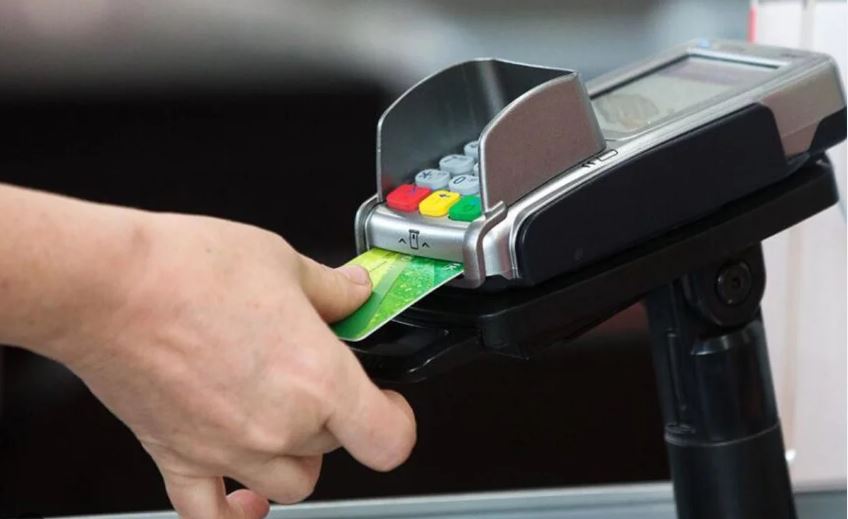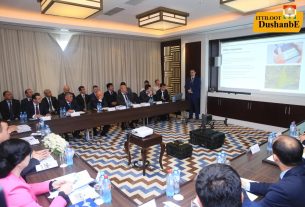Practical measures for the transition to non-cash payments
 In order to implement measures for a high-quality transition to non-cash payments, a working group created under the Communications Service periodically conducts assessments of the level of access to electronic communications in remote regions of the republic. Based on the assessment results, it was established that 95 percent of the territory of the Republic of Tajikistan is covered by 2G mobile communications.
In order to implement measures for a high-quality transition to non-cash payments, a working group created under the Communications Service periodically conducts assessments of the level of access to electronic communications in remote regions of the republic. Based on the assessment results, it was established that 95 percent of the territory of the Republic of Tajikistan is covered by 2G mobile communications.
This allows you to carry out non-cash transactions using POS terminals. In order to expand opportunities in this direction, in particular to ensure more favorable conditions for non-cash payments, the Communications Service, in close cooperation with mobile operators, is taking practical measures.
As part of such measures, the head of the Communications Service under the Government of the Republic of Tajikistan held 7 meetings with representatives of the communications service, mobile communication companies and Internet providers, banks and OJSC Barqi Tojik in order to fulfill the instructions of the Founder of Peace and National Unity – the Leader of the Nation, the President of the Republic Tajikistan, respected Emomali Rahmon, dated December 23, to improve the quality of services provided, reduce the cost of mobile communication and Internet services and improve the quality of communication services, high-speed Internet access in all regions of the country, as well as the Decree of the President of the Republic of Tajikistan “On measures to expand non-cash payments” dated June 22 of this year.
During these meetings, issues of strengthening access to mobile communications and the Internet in all regions of the country, eliminating seasonal communication barriers during the cold season and creating conditions for non-cash payments were also discussed.
Also, the leadership of the Communications Service invited responsible persons to assist in equipping relevant institutions with POS terminals, take measures to increase the level of technical literacy of users of postal terminals locally, connect postal terminals to the appropriate billing systems, and reduce the costs of non-cash payments.
The need was noted for cooperation with all mobile operators and financial organizations, that is, not to be limited to the services of one mobile company.
A high-quality transition to non-cash payments requires joint efforts.


